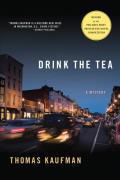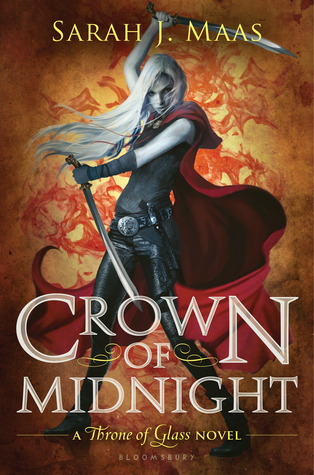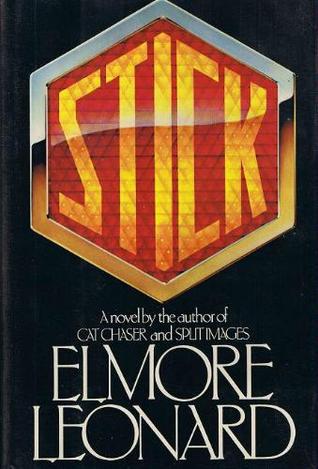Drink the Tea by Thomas Kaufman 
publication date: 2010
pages: 294
ISBN: 978-0-312-60730-2
In Drink the Tea, Thomas Kaufman attempted to present a detective story set in Washington, D.C. Generally, his attempt failed. I didn’t care about the mystery, the other parts of the plot, or the characters. Additionally, Kaufman’s writing was generally confusing or ineffective. I will say, his themes and motifs were engaging enough.
The plot followed P.I. Willis Gidney as he searched for his friend’s missing daughter. The plot also contained multiple flashbacks to Gidney’s own tragic childhood, as an orphan in the D.C. system. The plot found Gidney haranguing politicians, bugging government workers, shaking down criminals, lying to cops, scaring innocent civilians, and just generally annoying everyone. This bit of dialogue from the first chapter was a good representation of how irksome Gidney was throughout the entire book:
Steps Jackson leaned across the table and said, “I want you to find my daughter.”
I stared at him, my coffee cup halfway to my lips. “You’ve got a daughter?”
“Why would I ask you to find a daughter I don’t have?” A wave of irritation crossed his face.
Waves of irritation were constantly crossing my face as I was reading this book. Everything was so confusing, from the tiniest detail to entire plot points. Here was an example of a small detail that was confusing and just seemed like lazy writing, from a scene where Gidney was searching an apartment building:
The top floor was the same, until I reached the rear apartment. It looked like it had been lived in more recently, though I couldn’t say how recently. And, unlike the rest of the building, this apartment had been cleaned out, there was nothing in the corners, no trash, no papers. Only some torn black plastic trash bags.
OK. So. Was there trash in the apartment or wasn’t there? And if there was nothing in the apartment, what made Gidney think someone lived there? If the only thing that was in the apartment was trash bags, how in the hell could it look lived in?
Beyond the confusing nature of the writing, it was very stylized and clunky. Here was an example of the author being sarcastic about his own story:
Men and women draped themselves over wrought iron chairs, speaking the poetry of programming code. Two or three male customers were getting pretty steamed up about cryptology and freedom of speech. One of them got so angry that he actually sloshed coffee over the brim of his cup. Exciting times.
Although I thought the book was pretty bad, there were some things I liked about it. Washington, D.C. was generally presented in a specific and detailed way, as though it was a character in itself. And some of Kaufman’s writing was effective. I liked this passage that occurred after Gidney was arrested:
[The guard] said, “This way.”
Meaning, follow me, asshole, down this long, musty green hallway that smells like piss with these sickly green fluorescent lights that flicker and strobe and into this changeless dungeon a city block long where you can breathe the same air you breathed twenty years ago and see the same faces staring at you as you walk the hallway and have the same cell you had as a kid and step to the side as the door slides open and without a word walk inside this cell because this is your cell and you know it and maybe you’ll get out soon and maybe you won’t but one thing for sure, the sound of the cell door closing is the loudest, most final sound you’ll ever hear.
This was a detective story without an engaging mystery, surrounded in generally poor writing. Although there were some bright spots, I would not recommend Drink the Tea.
2/6: many problems
other reviews (somehow, people gave the book generally positive reviews):
Mysterious Reviews
Amazon
Goodreads





